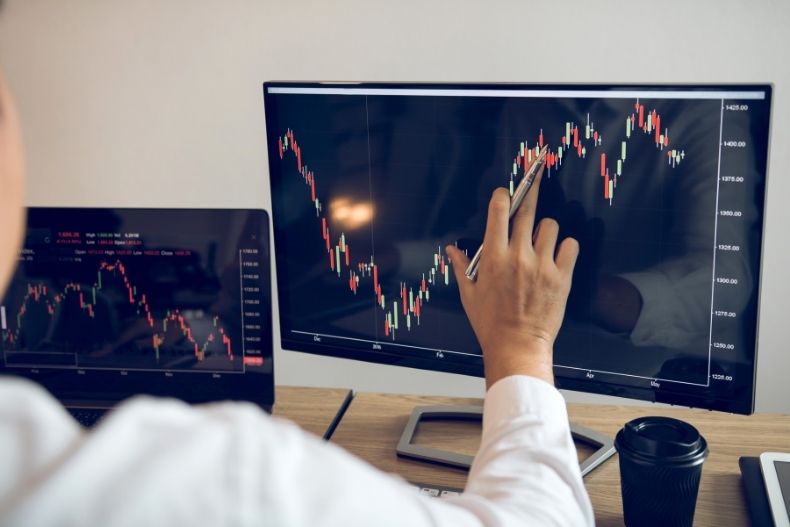An increasing number of people are showing an interest in forex trading: buying and selling currency on the foreign exchange (forex) market in large lots, using broker-supplied leverage to potentially make significant profits. However, forex trading is not as simple as it seems, and the risks are considerable. The traders that consistently turn a profit are those who have studied the market and are steady, disciplined and knowledgeable in their strategies.
In contrast, beginners are in a much less favorable position. While setting up a forex trading account is relatively easy, it’s recommended that you thoroughly investigate what forex trading involves before you do so. Familiarize yourself with all the technical terms and jargon, and make sure you know exactly what they mean and how they are applied.
It’s also vital that you know your own trading personality before you take the plunge. What is your risk tolerance? How much time are you able to put in, day in and day out? Are you naturally disciplined and self-motivated, or are you likely to lose interest or grow impatient? There is no right or wrong answer; but being honest, about the type of person that you are and the outcomes you hope for, will help you to choose the right account and trading strategy for your needs.

Choosing a broker
The first step is finding a forex broker that’s right for you. Read broker reviews from trusted independent websites, like this Coinlife review on leaprate.com. While most online brokers are trustworthy and above board, there are fraudulent sites where your money and personal information will be at risk. Even among legitimate websites, some will charge higher fees than others and the terms and conditions may vary, so shop around and always read the small print.
Your choice of broker should depend on what your trading goals are. If you are starting small with limited funds and don’t want to take too many risks, you will likely choose a different broker than someone with a large amount of capital and a great deal of trading experience. This doesn’t mean that one broker is objectively better than the other, just that they serve different purposes.
Opening an account
Opening an account can be a fairly time-consuming process as brokers need you to supply a good deal of personal information. This is to comply with strict legal requirements and also to protect both the site and its customers. They need to know that you definitely are who you say you are, and that if you over-leverage yourself you can pay it back. Brokers are effectively lending you money when you trade, and they need to know that you’re good for it.
Typically, you’ll be asked for your name and address, your date of birth, nationality and some form of social security or national insurance number. They’ll want contact details such as your email address and telephone number, plus your employment status, your annual income and your net worth. You’ll then need to state what currency you want your account to be in, and you’ll need to come up with a strong password.
Risk disclosure
Be wary of a broker that doesn’t require you to provide full details in this way. Be prepared for them to take several days to process and verify your information. They’ll ask you to provide proof of ID in the form of a passport, driving license and/or utility bills that show your current address. Brokers must also inform you of the risks you’re taking on and make you aware that more people lose money than make a profit when trading forex.
Minimum balance
Different brokers and different account types will require you to have a different minimum balance. The starting minimum balance for a standard account could be anything from $2000 to $10,000. Alternatively, a mini trading account, which is created with beginners in mind, could have a minimum balance of $250. You can even get a micro account and start with as little as $25.
If you wanted to open a managed account, where you simply provide the capital and expert account managers do the actual trading on your behalf, expect to have to pay in anywhere from $2000 for a pooled account based on mutual funds, to $10,000 for an individual account. The minimum balance will generally reflect the lot size available. Smaller lots mean less risk, but the potential profits are obviously smaller too.
Opening a forex trading account is a straightforward process but deciding on the type of account that’s right for you can and should take time. Patience is a virtue that all good traders need to cultivate anyway, along with self-discipline and logical detachment. Start as you mean to go on with rational, clear-headed decisions that serve your interests rather than your ego.